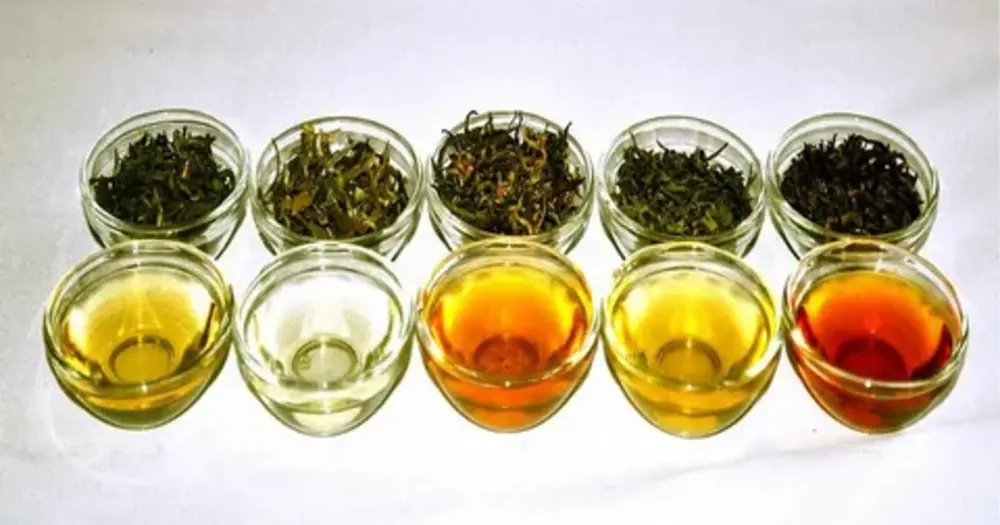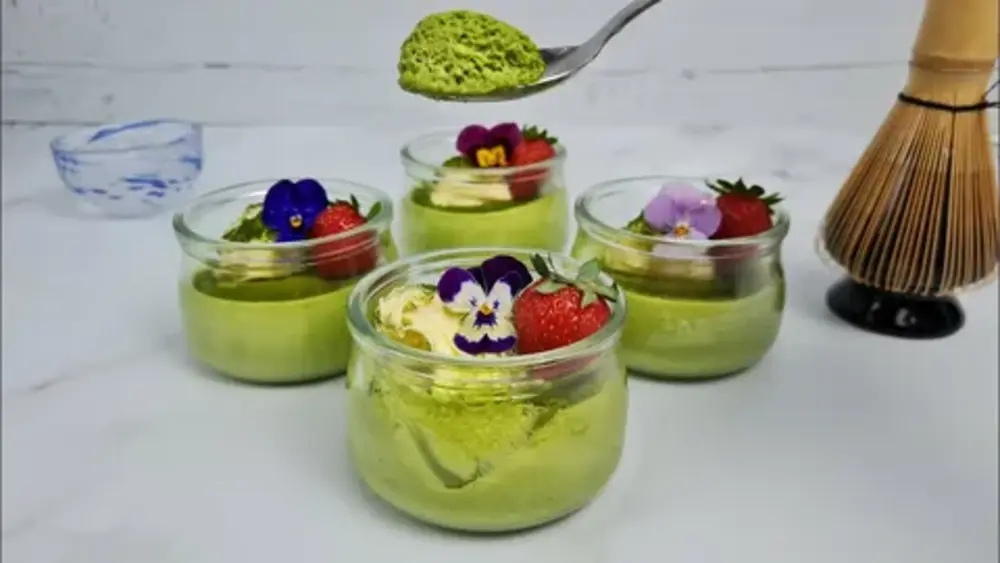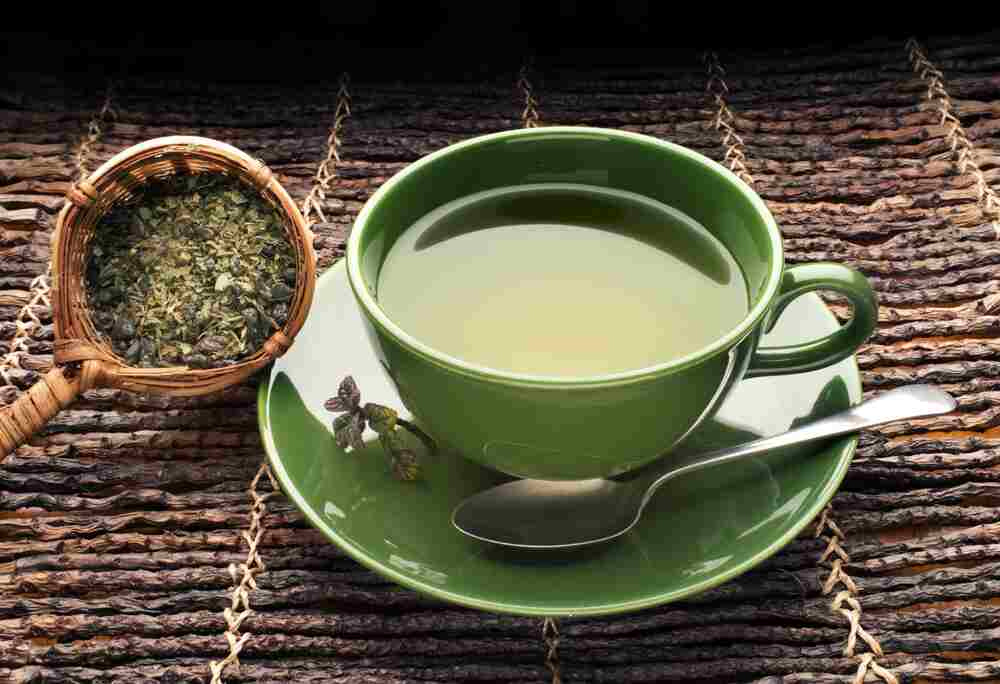Manuka honey in green tea offers natural healing power. Strengthen immunity, aid digestion, and enjoy a soothing, antioxidant-rich wellness drink daily.
Introduction
If you’re looking for a simple, natural way to boost your wellness routine, green tea with manuka honey is a perfect choice. This soothing blend combines the earthy richness of green tea with the smooth, healing sweetness of manuka honey, creating a cup that’s both comforting and nourishing.
Green tea is packed with antioxidants like EGCG that support focus, metabolism, and immunity. Manuka honey adds powerful antibacterial properties and unique compounds like MGO, making it far more beneficial than regular honey. Together, they form a delicious, functional drink that promotes overall well-being.
Whether you enjoy it for immune support, digestion, or daily energy, this blend offers a natural, flavorful way to care for your body — one cup at a time.
What Is Manuka Honey & Why It’s Special
Before exploring the benefits of manuka honey in green tea, it helps to understand what makes this honey unique. Sourced from the manuka bush in New Zealand and Australia, it’s rich in methylglyoxal (MGO) — the compound responsible for its powerful antibacterial and healing effects. Rated by the Unique Manuka Factor (UMF) system, a UMF 10+ or higher ensures purity and potency. When blended with green tea, it enhances antioxidants like catechins and EGCG, creating a soothing, nutrient-rich drink that supports immunity, digestion, and overall wellness while offering a smooth, naturally sweet flavor.

The Benefits of Combining Manuka Honey and Green Tea
Pairing manuka honey with green tea creates more than a comforting drink — it forms a true wellness powerhouse. Together, these two natural ingredients strengthen immunity, support digestion, and boost overall vitality.
1. Antioxidant Synergy
Green tea is packed with catechins like EGCG, which fight oxidative stress and support cell repair. Manuka honey adds extra antioxidant power through its phenolic compounds and MGO. Combined, they work more effectively to protect your body from free radicals.
2. Immune and Respiratory Support
This blend naturally reinforces your immune system. Manuka honey’s antibacterial and antiviral properties pair beautifully with green tea’s polyphenols, helping guard against colds and sore throats — an ideal remedy for chilly days.
3. Digestive and Metabolic Health
Green tea aids metabolism and fat oxidation, while manuka honey promotes healthy gut bacteria. Unlike refined sugar, it sweetens your tea gently without spiking blood sugar.

How to Use Manuka Honey in Green Tea – Dosage, Timing & Tips.
Knowing how to add manuka honey in green tea correctly ensures you keep all its health benefits. Follow these simple steps:
| Step | Instructions | Details / Tips |
|---|---|---|
| 1. Brew Your Tea | Heat fresh, filtered water to 80°C (176°F) and pour over green tea leaves or a tea bag. Steep for 2–3 minutes. | Avoid boiling water to preserve antioxidants and prevent bitterness. |
| 2. Add Manuka Honey | Let the tea cool to 40°C (104°F) before adding 1 teaspoon of UMF 10+ manuka honey. | Adding honey to hot tea can destroy its enzymes and antibacterial compounds. |
| 3. Best Time to Drink | Enjoy in the morning for energy or after meals to aid digestion. | Great for daily wellness and gentle detox support. |
| 4. Tips for Maximum Benefits | Pair with organic green tea and skip sugar or milk. | This keeps your drink pure and enhances its natural potency. |
Following these steps, manuka honey in green tea becomes a simple daily ritual that nourishes both body and mind
Choosing Quality Ingredients for Maximum Benefits
To get the most from manuka honey in green tea, quality matters. Both ingredients should be authentic, pure, and responsibly sourced to ensure maximum benefits.
Choosing the Right Manuka Honey: Look for honey from New Zealand with a UMF rating of 10+. This guarantees high levels of MGO, the antibacterial compound that makes manuka special. Check for the UMF trademark, origin, and batch number, and avoid cheap or blended options.
Selecting Green Tea: Opt for organic loose-leaf green tea like Japanese Sencha or Matcha, or Chinese Longjing, for the highest antioxidants, especially EGCG.
Why Quality Matters: Using premium honey and tea multiplies benefits — boosting antioxidant and antibacterial power while delivering richer flavor. High-quality ingredients turn your cup into a true wellness elixir.

Possible Risks & Considerations
While manuka honey in green tea is safe for most people, a few precautions help you enjoy it wisely. Manuka honey is natural but still high in sugar — about 60 calories per teaspoon, so those with diabetes should use smaller amounts. Green tea contains moderate caffeine, which may affect sensitive individuals; enjoy it earlier in the day if needed.
Avoid giving honey to infants under one year, and test small amounts if you have pollen allergies. If you’re on blood pressure or diabetes medication, consult your doctor first. In general, 1–2 cups a day is a safe, nourishing way to enjoy this soothing, health-boosting blend

FAQs
1. Can I add manuka honey to hot green tea?
Yes — but let the tea cool slightly first. Adding honey to boiling tea can destroy its enzymes and MGO compounds. Wait until it’s warm, not hot, to keep its benefits.
2. How much should I use?
About one teaspoon per cup is perfect — enough for sweetness and nutrients without excess sugar.
3. What makes manuka honey different?
Unlike regular honey, it contains UMF and MGO, giving it stronger antibacterial and healing properties.
4. Is it safe for everyone?
Generally yes, but pregnant women should limit caffeine, and children under one shouldn’t have honey.
Conclusion
Combining manuka honey in green tea is a simple, natural way to boost wellness. This blend pairs green tea’s antioxidants with the antibacterial power of manuka honey to support immunity, digestion, and energy. Use UMF-certified manuka honey and organic green tea for best results. Let the tea cool slightly before adding honey to preserve its nutrients. Enjoy one cup daily as a soothing ritual for balance, sweetness, and lasting health.





